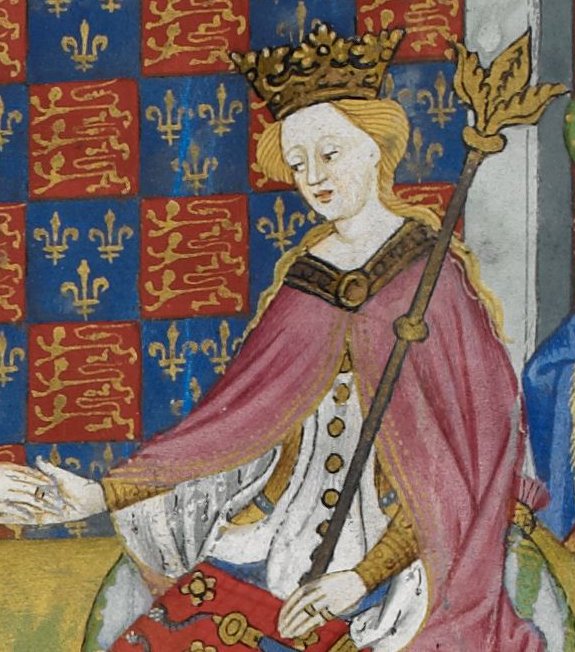
The last legitimate child of a storied dynasty of Rome and Italy.
A formidable Queen Mother overseeing the rule of her sons in civil war and the final years of her adopted dynasty.
Story in the evening ...
A formidable Queen Mother overseeing the rule of her sons in civil war and the final years of her adopted dynasty.
Story in the evening ...
https://twitter.com/Arby_K/status/1399554305439399937
Caterina de' Medici was born in 1519 to Lorenzo de' Medici, Duke of Urbino and Madeleine de la Tour of Auvergne. Both her parents died in 1519, leaving her under the care of her father's uncle, Giovanni de' Medici (Pope Leo X) and Giulio de' Medici (Pope Clement VII). 1/10 

She had an illegitimate half brother, Alessandro, who would later become the Duke of Florence. She also inherited Auvergne from her aunt Anne in 1524. In 1533, she married Henri, a younger son of the French King, who became the heir to the throne in 1536. 2/10 

Henri became King of France in 1547, but generally avoided Caterina, preferring his mistress Diane de Poitiers. But she was made Regent when her husband was away at wars against the Habsburgs in the 1550s. These wars ended in 1559 with the Treaty of Cateau-Cambrésis. 3/10 

But the end of the long war turned out to be fatal when King Henri died in a jousting accident during the celebrations. This brought Caterina's 15 year old son François to the throne, but he died in 1560. Her next son, Charles aged 9, became King with Caterina as Governor. 4/10 

The period following 1520s had seen many parts of Europe embrace Protestant teachings, but in France this was dealt crudely by King Henri and his father King François early on. The House of Guise was one of the noble families who became prominent during this time. 5/10 

Caterina's children were the only surviving legitimate members of the ruling House of Valois. Next in the line was Antoine de Bourbon, Duke of Vendôme, who was married to Juana, the Protestant Queen of Navarre. Antoine's brother, Condé, was a prominent Protestant. 6/10 



With likelihood of war between Guise led Catholics and Condé powered Protestants increasing, Caterina issued the Edict of Saint-Germain in 1562 allowing for religious toleration. But it led to massacre of Protestants by François, Duke of Guise at Vassy. 7/10 

The massacre cascaded into full out war between Catholics and Protestants in France. Both Antoine de Bourbon and Duke François died in battle. Caterina issued an updated Edict with restrictions on Protestants. There was a lull in the war, but it remained in the background. 8/10 

Caterina looked to reconcile the opposing sides, by negotiating the marriage of Antoine's son with her daughter, Marguerite. The marriage took place in 1572, but was marred by the the St. Bartholomew's Day massacre which saw Catholics killing many Protestant leaders. 9/10 

King Charles died in 1573 and Caterina's next son, Edouard, crowned as King Henri of Poland earlier, abandoned his crown for France. She retained influence with King Henri till her death in 1589, trying to find an end to the war of religion. 10/10 

• • •
Missing some Tweet in this thread? You can try to
force a refresh













